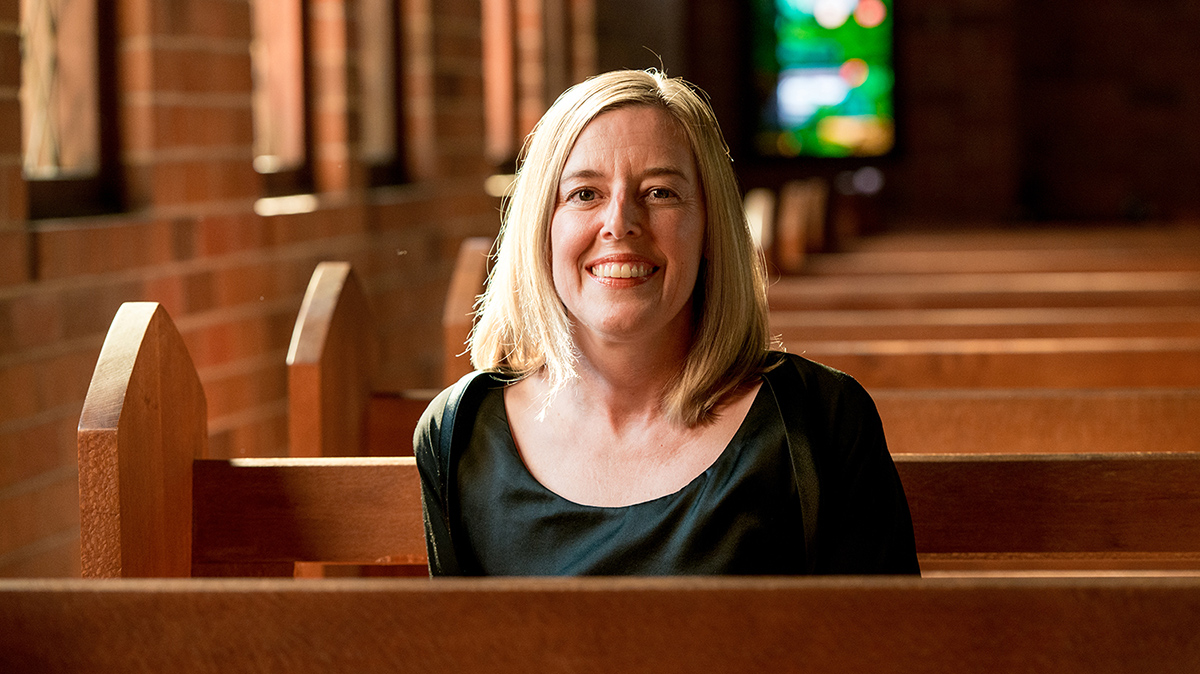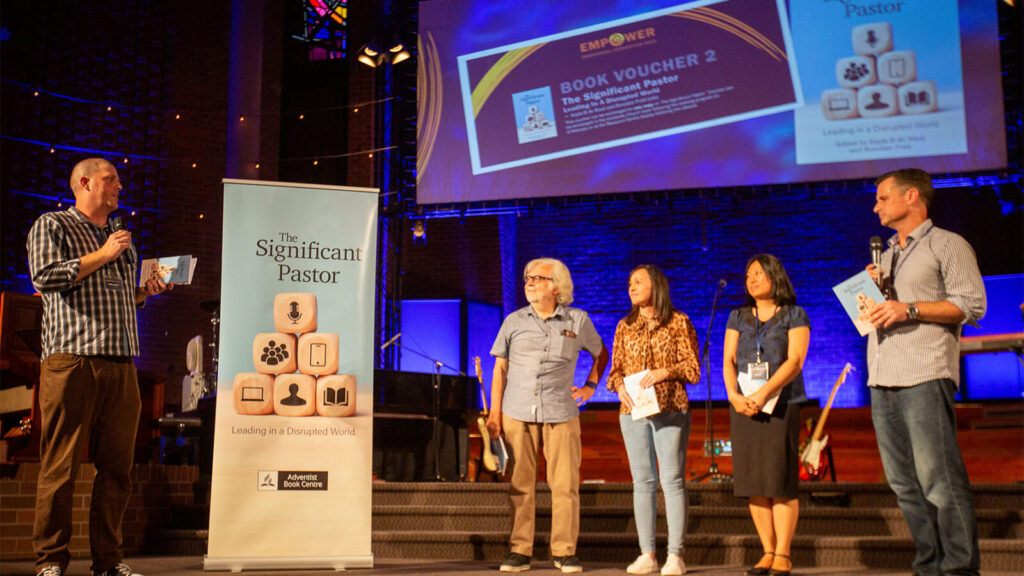Aleta King is director of the Conservatorium of Music at Avondale College of Higher Education, based in Cooranbong, New South Wales. In that role, she is also artistic director of the Avondale vocal ensemble, The Promise, founded in 2006. The recently released The Promise Songbook is their fifth album. Recorded at Morisset Hospital Memorial Chapel, King feels this album is the ensemble’s most complete work. She talked about the new songs and what they say about the mission of The Promise.
You describe The Promise Songbook as a sign of the ensemble’s growing maturity. What about the album led to this description?
The Promise Songbook is like an aural photo album full of musical snapshots that have become the treasured memories of who we are and what we sing. Each song has a personal connection to The Promise. Two we commissioned, two are composed for us, some are dedicated to us and some we’ve premiered. Some came from friendship, others from professional association; one, composed particularly for the album and placed at its centre, provided comfort at a time of loss.
Two of the commissioned songs, “The Promise (How Long, Lord?) Parts I and II,” are named in honour of The Promise’s name and mission. Part one is your signature song. In the context of your ministry focus, is this important?
We’re often asked about the significance of our name (The Promise is based on 2 Peter 3:3-9). So, having a signature song, it’s an opportunity to be more overt about our ministry. Our name bears a unique and profound message of hope, hope in a God who’s promised to redeem us and to give us eternal life if we choose to accept His gift.
You first heard composer David Pudney play the song after visiting friend and mentor Alan Thrift, a former head of music at Avondale, in the last hours of his life. It provided comfort at a difficult time. How so?
I sang the vocal part while David played. It was a poignant moment, contemplating the significance of God’s promise of life in the face of death. When words failed me, I found peace through singing.
Three other composers wrote pieces for The Promise to perform on this album. What prompted them to write?
Keith Kirk has a passion for composing and performing music to enhance Seventh-day Adventist worship. He originally wrote “Saints, Are You Ready To Go?” for the London Adventist Chorale and “Surely The Lord Has Been Here” as a choral benediction. He’s delighted The Promise has recorded the songs, particularly “Surely The Lord Has Been Here,” because no other ensemble from Australia has recorded it.
Christopher Sainsbury heard The Promise perform live with Australian vocal ensemble The Song Company and felt inspired to write “The Sphinx”. Christopher’s pedigree as an Australian composer is impeccable, and he wanted to compose something for us. That’s a real compliment.
Aidan Rosa is a longtime friend of The Promise, so when I asked him to write a song, he agreed enthusiastically. “Ego Sum Panis Vivus” opens the album and our performance of it during the Lake Macquarie launch was the first time Aidan heard the song performed by a vocal ensemble.
You’ve served as a director of many vocal ensembles. How does directing The Promise compare?
My relationship with The Promise is an important one because the students will likely become my professional colleagues. So, I take my role as a mentor seriously. It’s a privilege and a profound joy to see each member grow in skill and confidence. They’re so enthusiastic, and their voices are so young and fresh.







